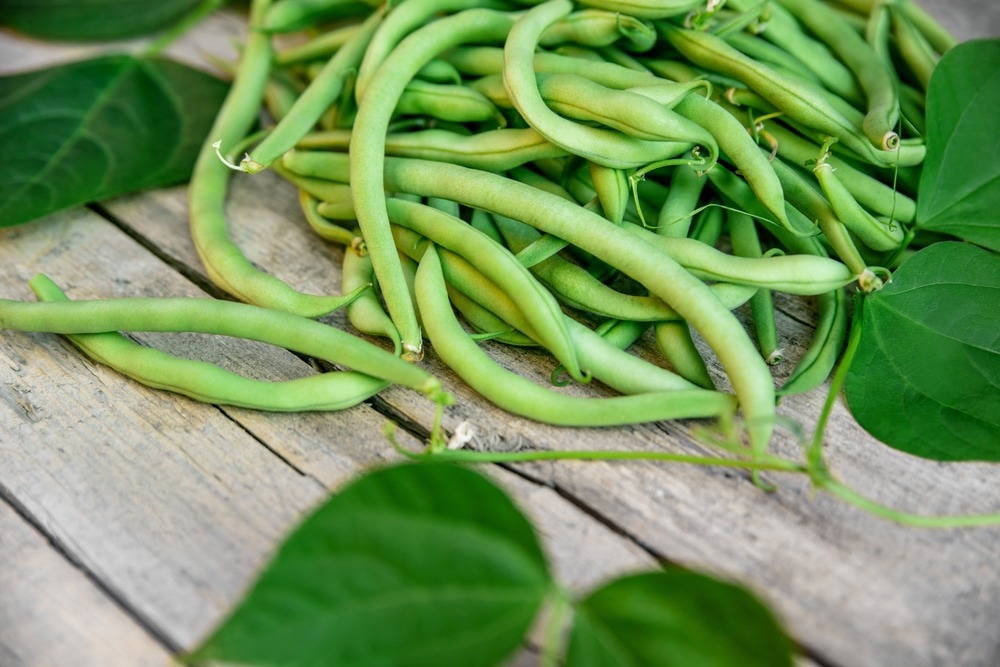Reviewed by Danielle Ellis, B.Sc.Jan 17 2024
The communities of microorganisms connected to plants can change as a result of human domestication of crops, according to recent research headed by the University of Oxford.

Image Credit: Miriam Doerr Martin Frommherz/Shutterstock.com
It is interesting to note that different domestication events were found to affect the plant microbiome in comparable ways. The findings were released today in Current Biology.
Our study provides evidence that regardless of where and how domestication took place, domesticated plants have microbial communities that distinguish them from their wild counterparts. This knowledge is important because if we know that a certain domesticated crop species consistently associates with specific microbes, one day we might be able to engineer these communities to deliver positive effects to the host plant.”
Dr Riccardo Soldan, Lead Researcher, Department of Biology, University of Oxford
These findings may eventually contribute to the development of microbe-based strategies to increase crop yields and food security because microorganisms can have a variety of positive effects on host plants, including improved growth, stress tolerance, and resistance to disease and drought. According to the research team’s earlier findings, for example, crop plants may be less able to attract microorganisms that improve disease resistance as a result of domestication.
Phaseolus vulgaris, or common bean, and Phaseolus lunatus, or lima bean, are two crop species that are known to have been domesticated independently multiple times in Mesoamerica and South America. The researchers examined the microbial communities associated with these two crop species in the new study. This implied that the researchers had several copies of an occurrence that occurred thousands of years ago.
The researchers concentrated on microbes associated with seeds because the researchers wanted to know if any changes in the microbiome were linked to plant traits that were subject to selection by humans during domestication. During domestication, seeds in crops like beans have experienced substantial modifications. For instance, compared to the wild counterparts, domesticated bean seeds are noticeably bigger and have distinct mineral contents (associated with enhanced seed quality and cooking properties).
The researchers discovered notable variations in the make-up of the microbial communities connected to wild and domesticated beans using statistical and machine learning techniques.
Moreover, throughout several domestication events, there was a correlation between these modifications in seed mineral content and changes in microbiome abundance and composition. Specifically, alterations in the composition of the microbiome were significantly correlated with lower calcium concentrations in domesticated P. vulgaris seeds, which may have been selected as a result of selection for better cooking qualities.
Our results provide evidence that the similarities in the microbial communities of independently domesticated plants can be partially explained by the fact that domesticated plants have closely matched plant traits. In this case, independent domestication processes selecting for bigger and better seeds in two different regions of the Americas shaped the seed microbiome in similar ways. Understanding the factors that shape microbial communities in wild and domesticated plants could open up exciting opportunities to modify the composition of domesticated crop microbiomes to increase resilience and improve productivity.”
Gail Preston, Professor and Principal Investigator, Department of Biology, University of Oxford
The research team plans to look into how domestication affects a larger range of crop species as well as other plant traits in future work. One important question is whether wild species have advantageous characteristics that help to attract a diverse and health-promoting microbiome that could be reintroduced into domesticated crops.
Source:
Journal reference:
Soldan, R., et al. (2024) Consistent effects of independent domestication events on the plant microbiota. Current Biology. doi.org/10.1016/j.cub.2023.12.056